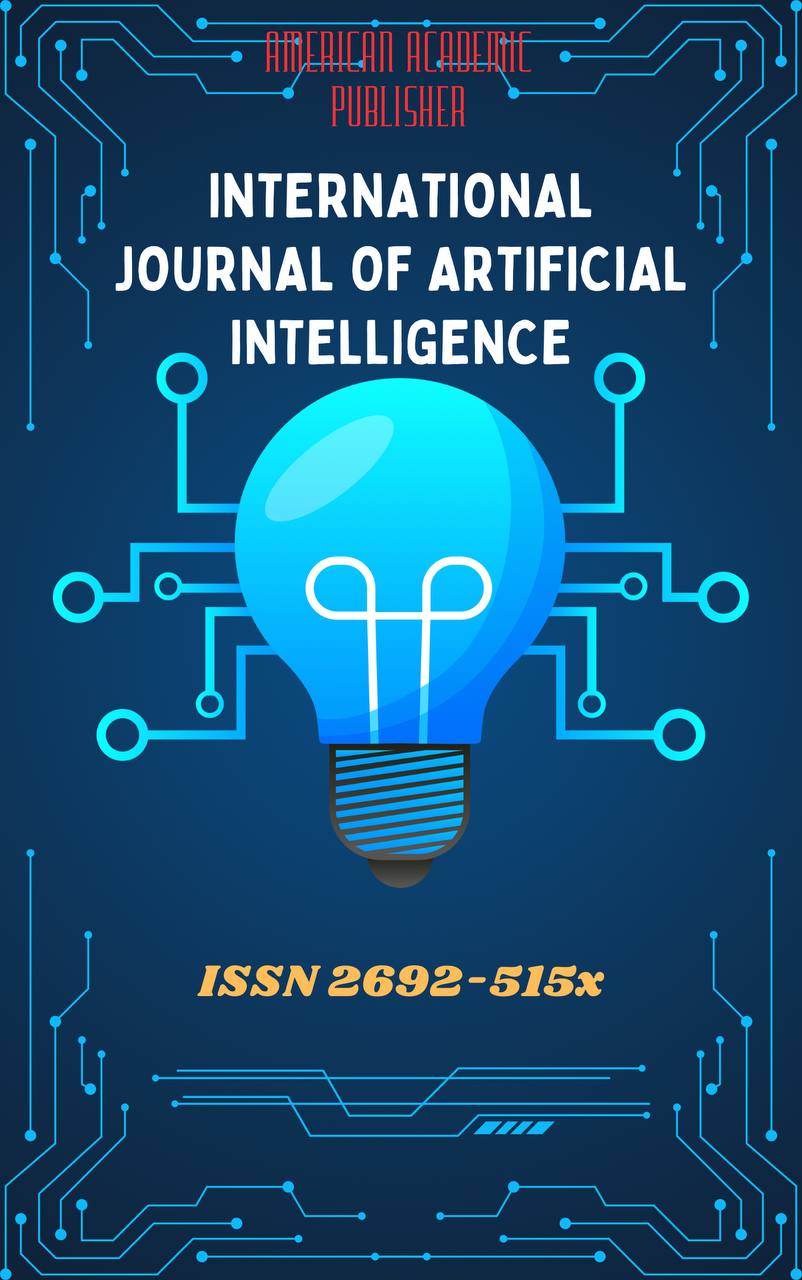 Articles
| Open Access |
Articles
| Open Access | PEDAGOGICAL ELEMENTS IN UZBEK FOLK TALES AND THEIR EDUCATIONAL SIGNIFICANCE
Maxsudova Charos Dilshod qizi , Urgench Ranch Technological UniversityAbstract
This article examines the educational problems and conclusions of Uzbek folk tales. The report examines the didactic results, moral lessons, medical effects, and the contribution of the report to the spiritual and intellectual development of children. The oral storytelling, images, and symbolic meanings of Uzbek folk art are studied, showing how fairy tales express national values, develop critical thinking, and instill such qualities as honesty, courage, and kindness. The study uses qualitative research, and the importance of folk tales in modern education is proven on the basis of qualitative analysis and pedagogical theories. The results emphasize that by expanding Uzbek fairy tales into the educational process, it is possible to preserve the national heritage and implement spiritual and patriotic education more effectively.
Keywords
Uzbek folk tales, pedagogical elements, moral education, national values, folklore and education, traditional stories.
References
Uzbek folk tales. 5 volumes. - Tashkent: Gafur Ghulom Publishing and Printing House, 2018.
Folk tales. Compiled by: O. Sharafiddinov. - Tashkent: Yangi asr avlod, 2020. - 256 p.
Karimov N. Pedagogical aspects of Uzbek folklore. - Tashkent: Fan, 2015. - 184 p.
Abdullayeva R. "The role of folk tales in the upbringing of children" // Journal of Public Education, 2020, No. 3, pp. 45-49.
Oshmatov I. "National values reflected in fairy tales" // Doctor of Pedagogical Sciences dissertation. - Tashkent, 2022.
Ghulomova H. Modern pedagogical technologies. - Tashkent: Innovation, 2021. - 376 p.
Bettelheim B. The magical benefits of fairy tales. - London: Thames & Hudson, 2020. - 412 p.
Article Statistics
Downloads
Copyright License

This work is licensed under a Creative Commons Attribution 4.0 International License.
